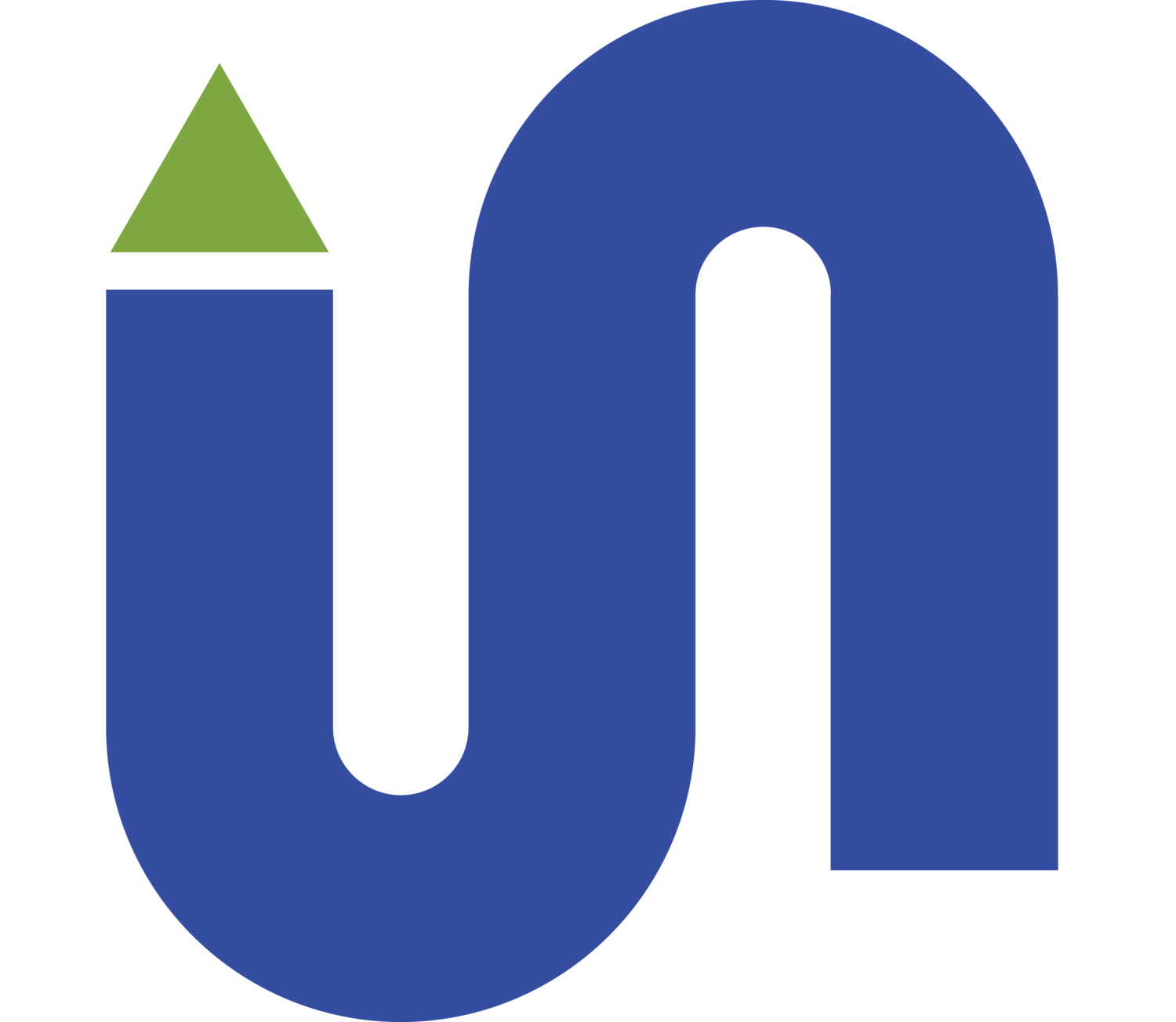
A Guide to Household Hazardous Waste
In Partnership with the City of Moscow, ID
What is HHW?
Household Hazardous Waste (HHW) are products that are corrosive or toxic, or can catch fire, react, or explode under certain circumstances. These substances are particularly dangerous for children, the elderly, and pets, but are also potentially harmful to adults, sanitation workers, and the environment.
This guide will help you 1) identify hazardous material and understand their dangers, 2) reduce the accumulation of hazardous waste, and 3) safely store and dispose of hazardous substances. While the potential harm posed by some HHW is obvious, other dangerous are not, so it is best to proceed with an abundance of caution.
FACT TO KNOW: The average household throws away approx. 15.5 pounds of HHW each year, while also storing as much as 100 pounds of HHW in basements, garages, and storage closets.
PLEASE NOTE: This section applies to HHW for residents of the City of Moscow and Rural Latah County. For disposal of commercial or other large quantities of hazardous waste, contact the local USDA Office, Clean Harbors, or Safety-Kleen.
Household Hazardous Waste Disposal
INW’s Solid Waste Processing Facility (SWPF) is equipped to handle the disposal of HHW every Saturday, October to April, from 8 AM - 4 PM. Please note from November to March this service is available only on the first Saturday of each month.
DO NOT LEAVE HHW OUTSIDE THE FACILITY, drop off the HHW outside of the listed times, or include it in your curbside garbage/regular trip to the SWPF.
HHW must be in containers of 5 GALLONS OR LESS, but you may drop off multiple containers at one time. If you plan on disposing of a significant amount of HHW at once, please contact INW beforehand.
This service is for residents of the City of Moscow and Rural Latah County FREE OF CHARGE. For service questions, contact INW by calling 208.882.5724 or by emailing info@inlandnorthwaste.com.
*Most municipalities only collect HHW twice yearly. The City of Moscow offers this service more frequently to help you stay on top of the potential dangers in your home and reduce the temptation to throw hazardous materials in your garbage tote.
-
Poison
Corrosive
Flammable
Explosive
Oxidizer Irritant
Environmental Hazard
-
Air Fresheners
Automotive Products
Bug Spray
Drain Cleaners
Bleach and Other Abrasive Cleaning Products
Polishes & Removers (Furniture, floor, nail, etc.)
Pesticides and Fertilizers
Oil-Based Paint, Varnish, and Thinners
E-Waste* (Cell Phones, TVs, Computer Parts, etc.)
*Only accepted at the Moscow Recycling Center
Identifying Household
Hazardous Waste
When purchasing a product or when taking inventory of your home, it is important to read the labels carefully. HHW is typically grouped into three categories based on level of toxicity:
Reduce the Use of HHW
Now that you can identify potentially hazardous materials, the next step is limiting the accumulation and improper disposal of HHW,
reducing the threat to personal and public health and overall environmental impact of HHW.
Be an Informed Consumer, Questions to Think About Before You Buy:
1. Is a toxic product really necessary?
2. Are there safer alternatives available?
3. What is the smallest possible quantity of a product I need/can purchase?
4. What’s my plan for the leftover product? Can I use it for another product? Will someone else I know have use for the excess?
Safe Alternatives to Common Household Hazardous Waste Products:
-
Use a plunger or a plumber’s snake.
-
Mix one tablespoon of vinegar or lemon juice in one quart of water. Spray on and use newspaper to dry.
-
Mix one teaspoon of lemon juice in one pint of mineral or vegetable oil and wipe furniture.
-
Liberally sprinkle carpets with baking soda. Wait at least 15 minutes and vacuum. Repeat if necessary.
-
Boil two to three inches of water in a shallow pan with one teaspoon of salt, one teaspoon of baking soda and a sheet of aluminum foil. Totally submerge silver and boil for two to three more minutes. Wipe away tarnish and repeat if necessary.
-
Use cedar chips, lavender flowers, rosemary, mints or white peppercorns.







